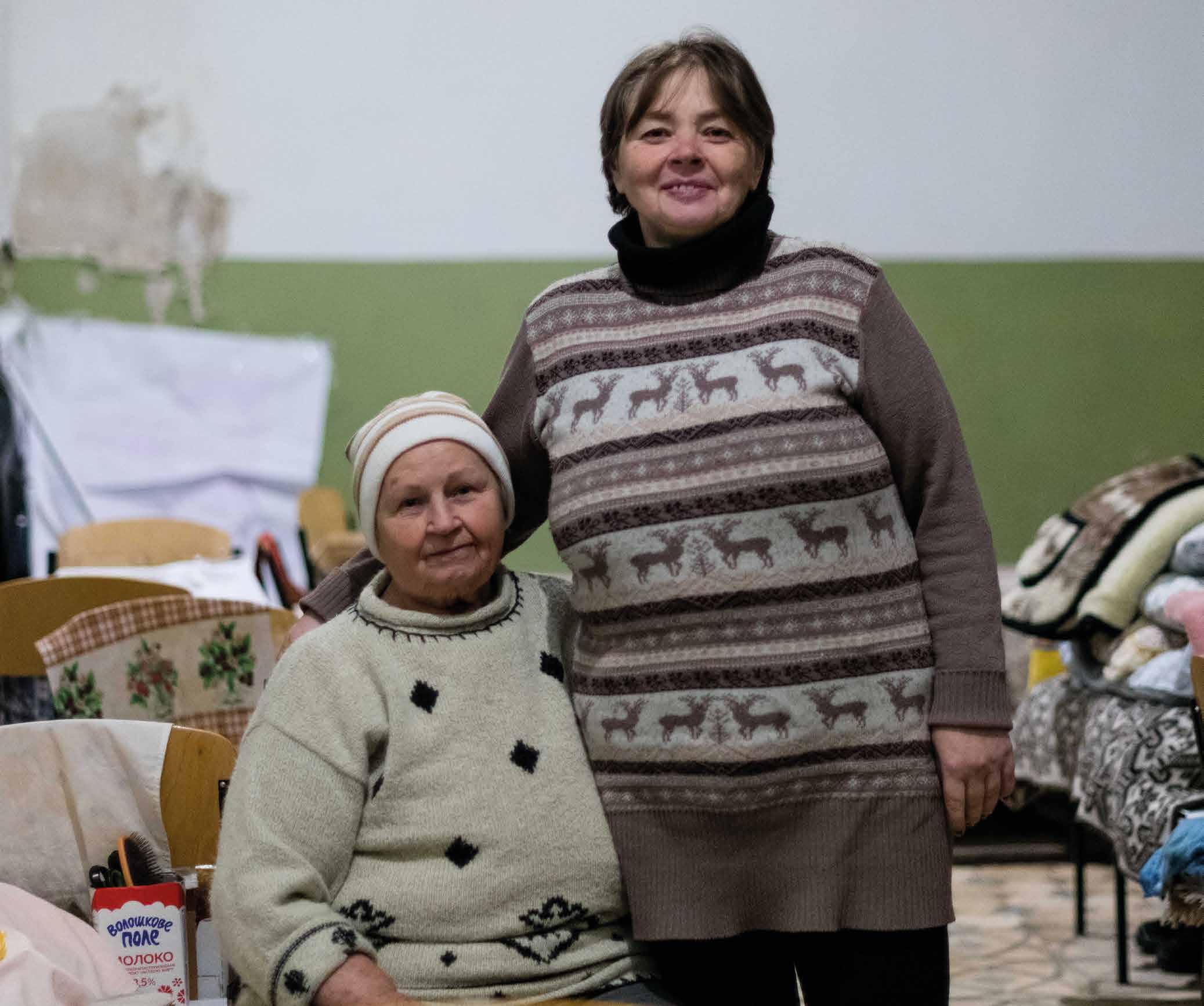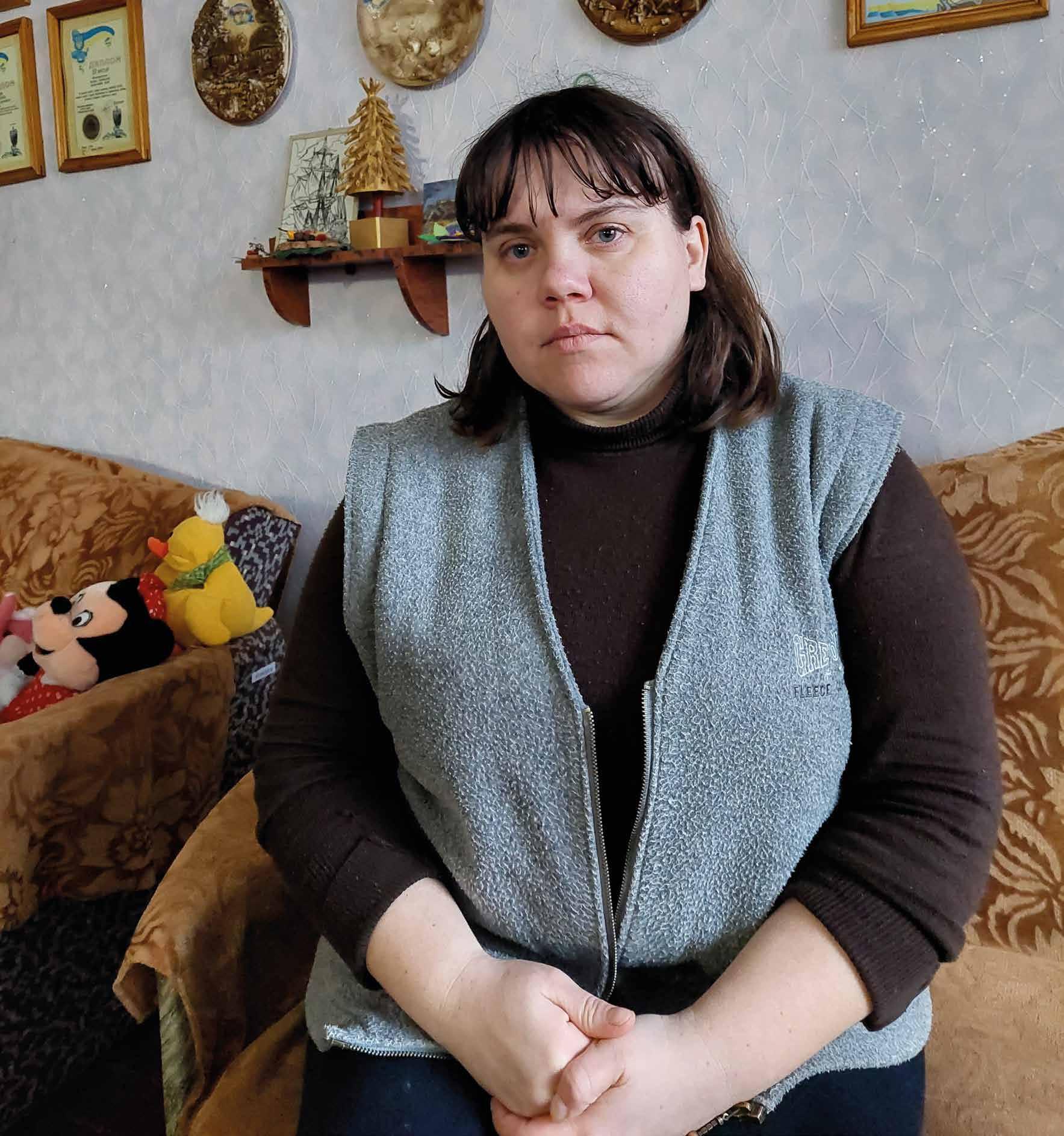
1 minute read
A LOCALISED, PERSON-CENTRED RESPONSE
DEC member charities work in partnership with Ukrainian organisations that have built strong relationships with the communities they serve. This means that, thanks to the flexibility of DEC funding, partner organisations are able to identify and respond to new needs as they arise. In Kharkiv, the partner organisation of one DEC member charity led a programme to upgrade the city’s largest public bomb shelter. Many people, including children had been living long-term in the shelter – posing significant risks to their mental and physical health.
The DEC partner organisation upgraded sanitation facilities and installed ventilation, enabling heating to run from a large generator donated as part of the programme. Humanitarian staff deployed into the shelter provided mental health support and in-kind assistance, including supplies so residents could coordinate a special Christmas meal. After being safely sheltered and supported over the winter months, many gained the confidence to leave the shelter and, of more than 350 people who were living there in September 2022, fewer than 20 remained by the end of February 2023. The success of this activity is a testament to the relationships that the DEC partner developed with local communities, and the personcentred approach which built trust with affected people who had experienced significant distress.
Windows of Opportunity
With DEC funding, the local partner of a DEC member charity has installed new windows to improve insulation in a vocational college that is providing shelter to people displaced by hostilities in the east of the country. The college hostel provides accommodation for 206 people, including internally displaced families and young people who found themselves facing difficult life circumstances. Viktoria, an 18-year-old student who used to live in Luhansk in eastern Ukraine until shelling forced her and her family to leave their home, said:
Another resident, Anna, left her home in the Donetsk oblast (eastern Ukraine) to escape the conflict. Her husband has found a job at the college and she is on maternity leave to take care of her younger son. She said:
“Thanks to the help received from [the DEC partner organisation], repair work was carried out to insulate the rooms in which we live. The energy saving effect has made an impact. I hope we will stop getting sick altogether.”











